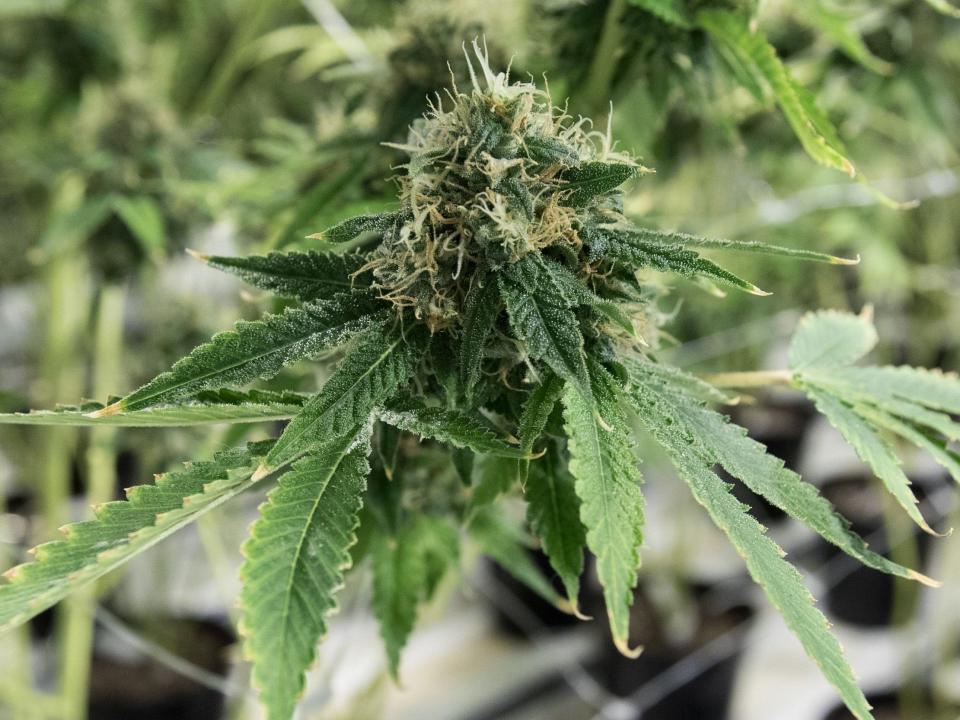Despite promises to get medical marijuana on the NHS, progress has been bafflingly slow. Why?
One of the few rays of hope in an otherwise bleak political landscape last winter was home secretary Sajid Javid’s announcement that medicinal cannabis would be available on the NHS.
At the time it seemed like the best possible Christmas present for those parents – most high profile among them Alfie Dingley’s family – who had campaigned for the medication on behalf of their children.
Relentless pressure in the Commons and in the media had persuaded the government that this medication could potentially end the suffering of hundreds of people, while denying them access was unacceptable.
More than that, it seemed like the country might be turning an important corner in our endless and fruitless war on drugs.
For too long in this country we have clung to a policy reminiscent of the American prohibition era with a simplistic, punitive strategy. And it has failed.
And nowhere has that strategy been more evidently out of step with modern thinking than in the use of medicinal cannabis.
At the same time, a dramatic shift is taking place across the world with a growing number of US states and European countries changing their laws to permit the medical use of cannabis.
But catching up on the medical front cannot be enough.
If we are to tackle the problems surrounding the misuse of drugs effectively we have to open our minds to a more liberal evidence-based approach.
Too many lives have been blighted by drugs, by their misuse and the needless criminalisation that interferes with people’s education and careers.
Nobody would argue that the misuse of drugs doesn’t have deadly effects.
However, billions of pounds continue to be channelled through organised crime every year as young people are pushed towards dealers, and dangerous, unregulated backstreet drugs.
If we are to avoid another generation being faced with the same problems we have to change.
What we need are drug laws that are based on what works, backed up by rigorous scientific evidence, not just laws that sound tough.
Back in November, that change of strategy towards medicinal cannabis seemed to herald that change.
Alfie Dingley received the first long-term licence in this country for the personal use of medical cannabis. Alfie used to have up to 150 seizures a month, each life threatening.
He is now virtually seizure free.
But five months later we find that very little has actually changed.
Only what has been described as a relative “handful” of prescriptions have been approved – 80, on purely compassionate grounds.
So what has gone wrong?
There are now almost 100 specialists approved to prescribe the medication. But up and down the country, patients are reporting doctors facing difficulty adapting to the process and new guidelines.
And while none of us would want to see medicines freely available that have not been checked for their side effects or long-term safety, why, when precisely those drugs at the centre of the issue are available in Germany, Holland and some US states, is that medical evidence apparently not sufficient for us?
We all recognise that the step taken last winter was profound, but if it is to have a lasting impact it cannot be the only one.
Instead it must be the first move towards a new enlightened approach.
Christine Jardine is Liberal Democrat MP for Edinburgh West

 Yahoo News
Yahoo News 

